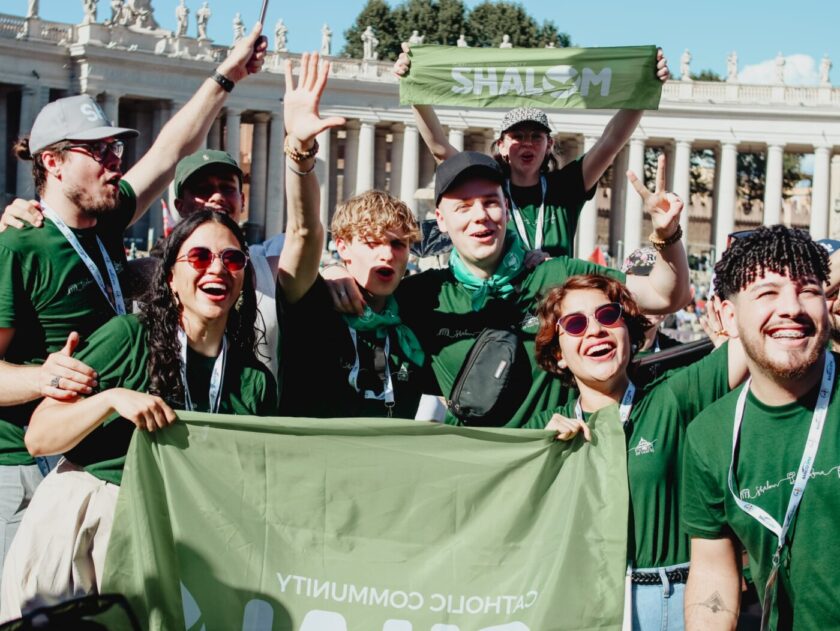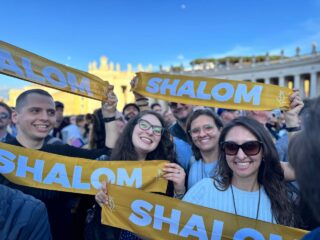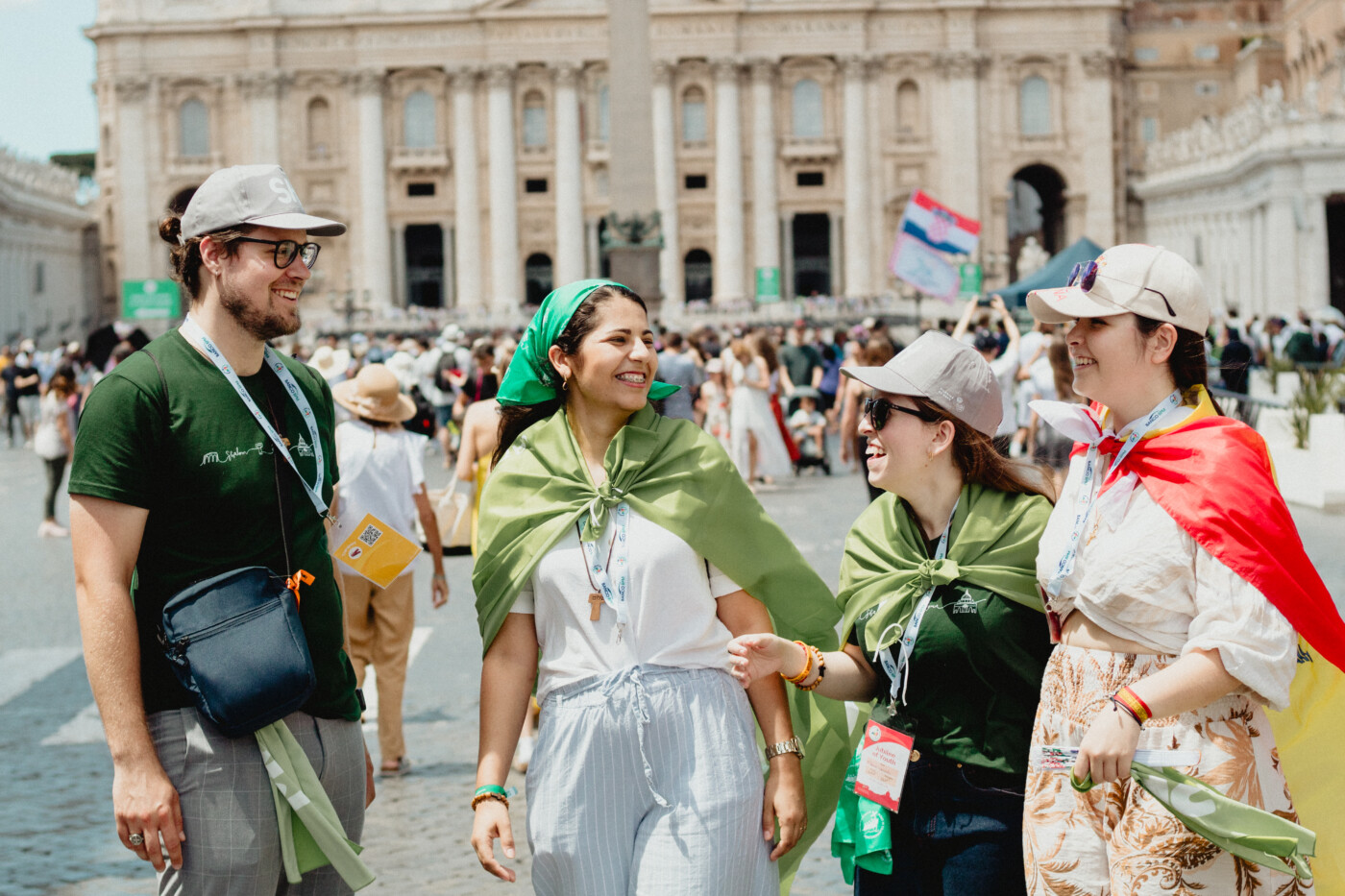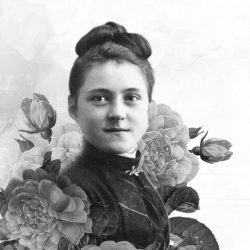PAZ A VÓS
Acompanhe diarimente nossa programação no YouTube @comshalom.



Produtos livraria 30%
QUERO MAIS HALLELUYA
Acamps julho
Expedição Chaves 2026
Para o Portal - Juntosv2 Lançai as Redes copiar
22323 - Conceito (1000x400) - (Campanha Institucional Nova Plataforma) - Instituto Parresia
Notícias
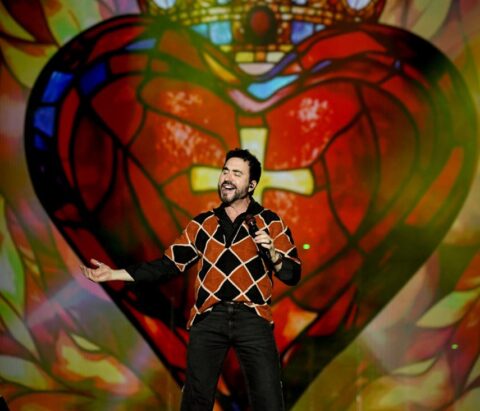
Pe. Fábio de Melo no Festival Halleluya: "São frutos para o resto da vida"
O Festival Halleluya chegou à metade da programação nesta sexta, 26! O Pe. Fábio de Melo falou ao Portal Comshalom sobre a sua apresentação no Palco Alive e disse que os frutos advindos do Halleluya são frutos permanentes, para o ...

Fale com um missionário shalom
edital expedição angola shalom

